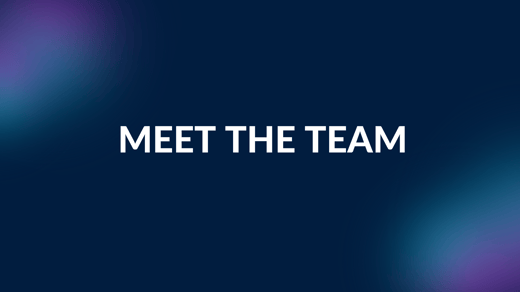I joined ThoughtRiver in October 2018 after previously transitioning from Physics into AI and software. As well as teaching me about concepts such as relativity and quantum physics, my degree had an emphasis on problem solving, which I really enjoyed. This made me realise I wanted to solve interesting real-world problems every day, and I found that the AI field has a plethora of these. I focused on this area and quickly found ThoughtRiver; I saw the work they were doing and immediately wanted to be a part of it.
My work
As an Intelligence Engineer, I get to work with our resident experts in linguistics, data science and software engineering to tackle technical and practical problems daily. Most of our work is with natural language processing, which I find a compelling field as, at a human level, all knowledge is accessed and communicated in this form.
Most of my work so far has been on ThoughtRiver’s intelligence engine, Fathom. Fathom powers our predictions on legal contracts, encompassing our application and extension of machine learning algorithms to legal language. One project I’ve worked on recently is the addition of active learning to the training of our models; active learning allows the models to have an input on which data is most useful to them to be labelled by querying how uncertain they currently are about it, mirroring the homonymous educational technique. The implementation of this required work on our databases, API and asynchronous workers, while working with technologies such as Docker, Django, RabbitMQ and Celery; all of these were new to me, making the project an illuminating learning experience.
Why are the legaltech and AI industries so compelling?
I love making the things we do as people more efficient and extending what is currently possible – at ThoughtRiver, I can work with deeply interesting technologies alongside industry leaders to achieve this. Law is a relatively undisrupted profession, so I find it exciting that we can transform it and help make expert legal advice more readily and quickly available to all.
What does the future hold for AI?
So far, automation has focused mainly on repetitive deterministic tasks. Now, with AI, it can focus on more nebulous tasks that require thought but are tedious or mundane for a human to carry out. I believe we are going to see an explosion of tasks previously categorised as “repetitive cognitive problems that humans have to deal with” being carried out by machines. This will free up lots of people’s time to think about more complex and interesting problems, free of the cognitive overhead these problems carry with them. It’s important to note that this kind of progress is only possible due to the collective expertise people from all industries possess as a result of the knowledge they’ve gained over hundreds of years.
When I’m not working!
A well-known fact about me is that I love to salsa! It helps me relax and is a great way to meet people. I also play piano for leisure, particularly pieces by Chopin. Additionally, I have my own programming projects that aim to hone my skills for work and make my life more efficient.



